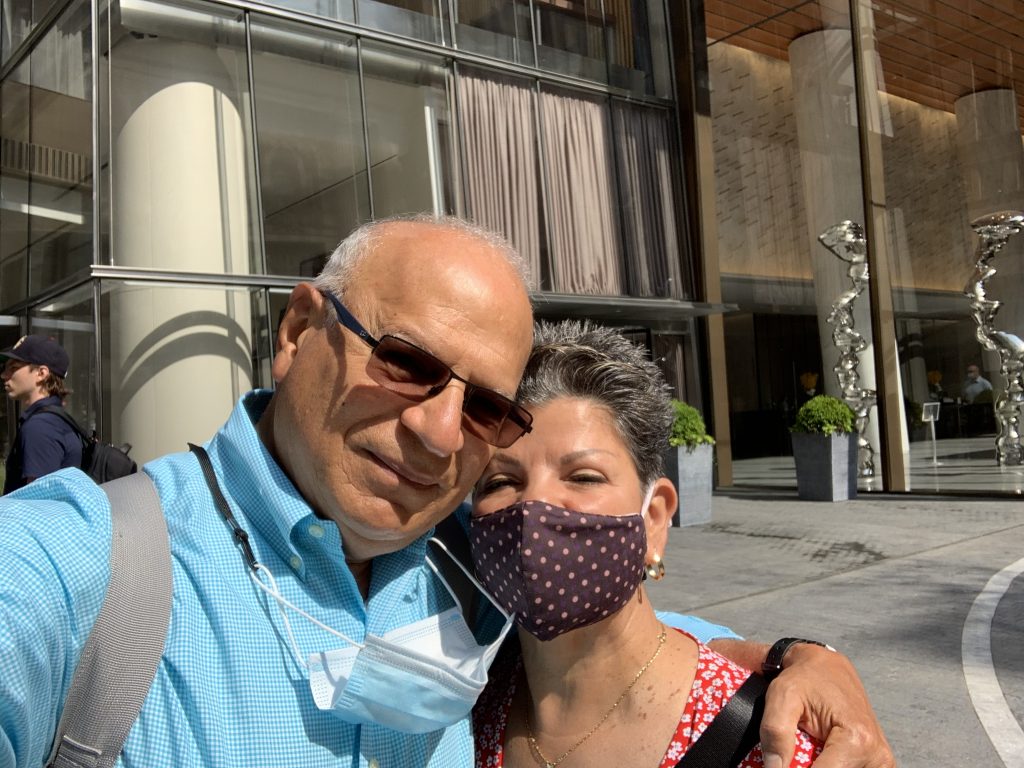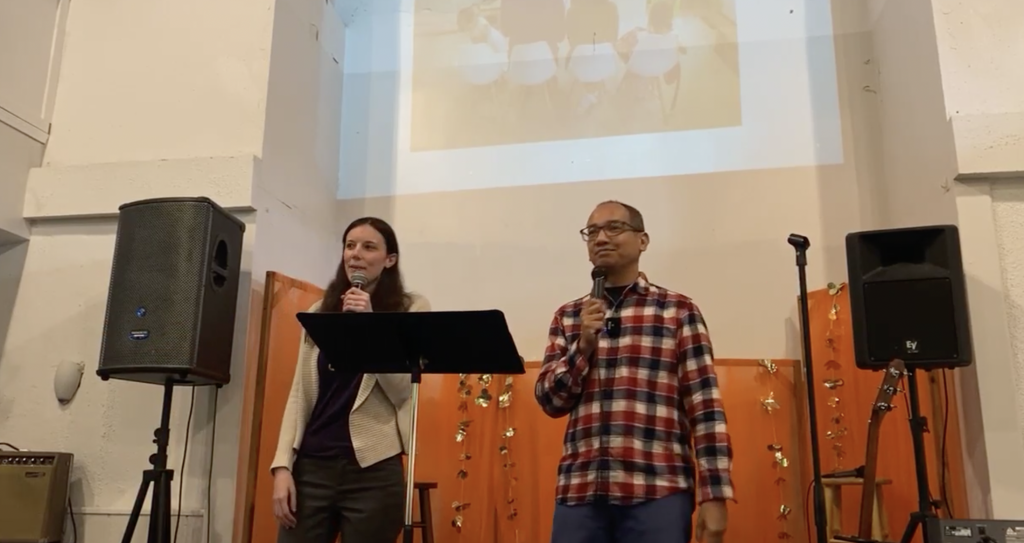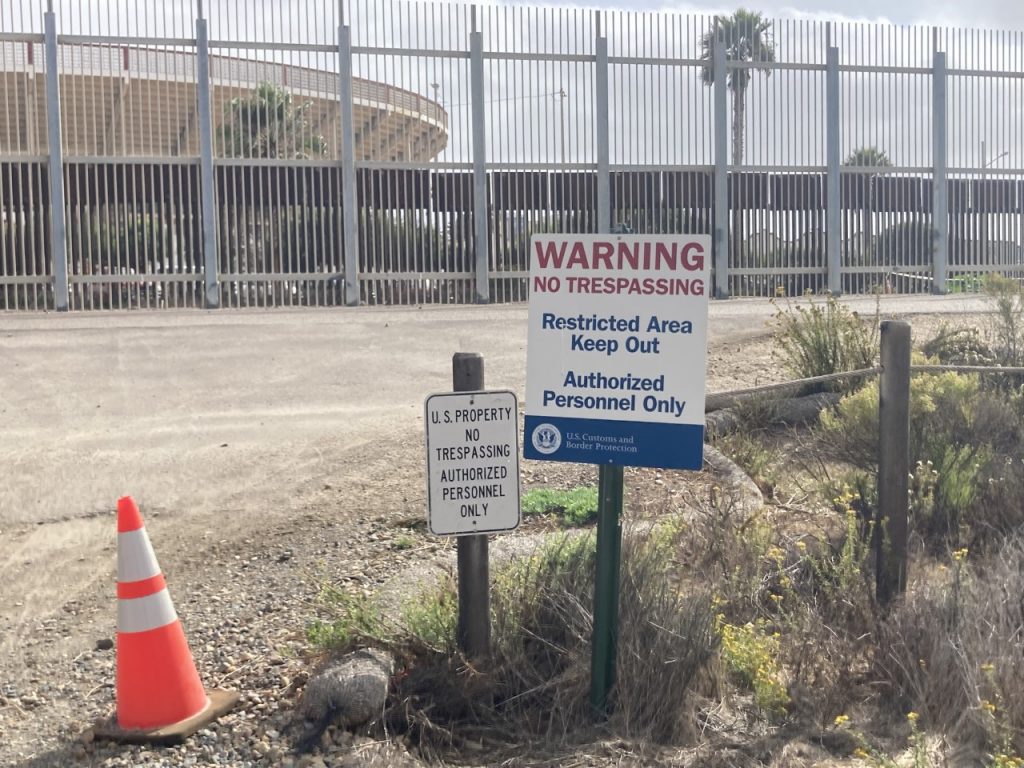Nearly two years into a stressful pandemic, it’s worth reflecting on our spiritual health. As part of my dissertation, I recently conducted a study on pastoral identity which revealed four key areas for pastoral flourishing. The study centered on Mennonite pastors and identified honesty, intimacy, community, and eternity as core elements of healthy faith leaders.

If you’re a pastor or ministry leader, take some time to evaluate how you’re fairing in each of these areas:

HONESTY. Pastors and leaders need places to share honestly about the joys, challenges, and frustrations of leading faith communities. The most content, fulfilled, healthy pastors in the study had such spaces. Do you? If so, it is more important than ever to lean into these connections. If not, it is more important than ever to find and cultivate them.
Personally, I’ve benefited from a formal Learning Community as well as informal gatherings with fellow pastors in backyards and around bonfires. These opportunities to connect and share have been invaluable.

INTIMACY. Pastors and leaders need regular rhythms that connect them with God. In a season where so many of our regular rhythms are disrupted, we may need to be extra intentional to cultivate our relationship with Christ.
Can you identify the rhythms that help you connect with the Divine? It may be helpful to articulate them out loud or on paper. For me, the practice of “scribing Scripture” has been a new and meaningful practice. Each day, I’ll hand-copy a passage of Scripture. This has slowed me down and helped me notice things in the text I’ve missed before.

COMMUNITY. Pastors and leaders need relationships outside of the church. While it is good and important to be deeply connected to our congregations, the healthiest faith leaders in the study were those who had a network of relationships beyond their ministry setting.
Do you have people around whom you can truly take off the “pastor mantle”? Doing so will increase your ministry effectiveness when you put it back on. Over the years, I’ve participated in indoor soccer leagues, played fantasy football, and gone on hiking trips with guys who aren’t part of my (or any) church setting. These external relationships help me more effectively connect with those in my immediate ministry context.

ETERNITY. Pastors and leaders need reminders that their calling serves a purpose beyond this life. If we evaluate ourselves solely on what we see in front of us, the task of ministry can feel heavy and at times even depressing. However, the pastors in the study who maintained an eternal perspective were far healthier and stayed in ministry much longer.
I need to regularly be reminded to step back and take the long view. Pastoral colleagues have been helpful for me in maintaining this broader mindset.

There’s no clear blueprint that guarantees pastoral flourishing in any and every situation. But the research seems to suggest that developing our capacity for honesty, intimacy, community, and eternity will allow us to lead from the healthiest place possible. May it be so in your life – to the praise of God’s glory!

















